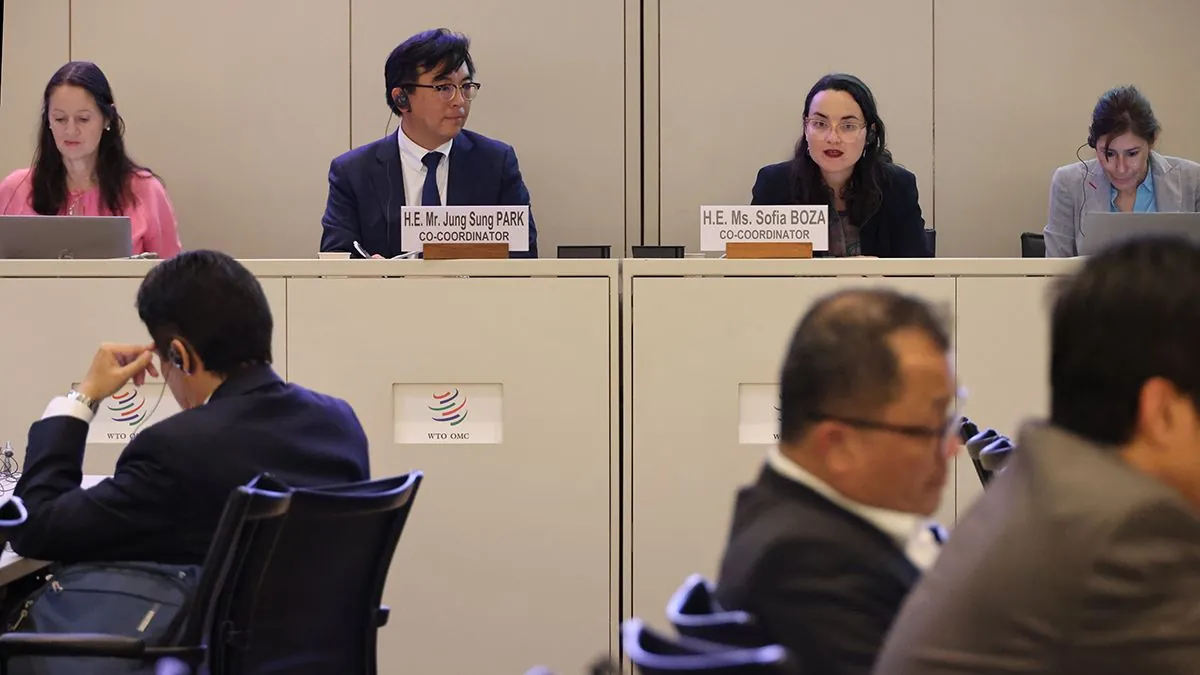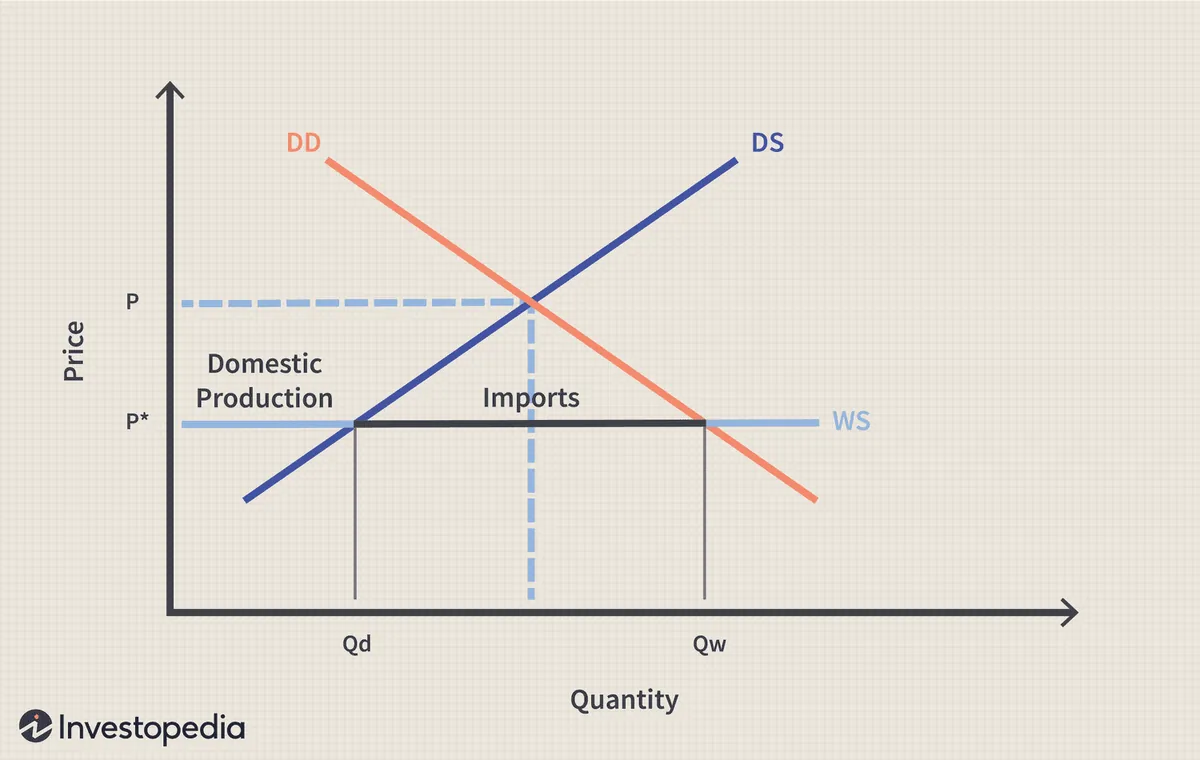Unmasking the Rhetoric: The Truth Behind Trade Policy Claims
Trade policies are increasingly used as diplomatic tools, but politicians often oversell their benefits. This article examines common claims about trade agreements and reveals the complex realities behind them.

In the realm of international relations, trade policy has emerged as a potent diplomatic instrument, often serving as an alternative to military action. Governments increasingly employ trade measures to pursue strategic objectives, apply economic pressure, and signal their principles on the global stage.
Dmitry Grozoubinski, in his book "Why Politicians Lie About Trade," published in May 2024, sheds light on the complex realities of trade policies. He argues that politicians frequently oversell the benefits of trade agreements, presenting them as magical solutions without acknowledging the inherent trade-offs.
The public perception of trade policies differs significantly from that of military campaigns. While citizens have developed skepticism towards promises of quick and easy military victories, they remain susceptible to overly optimistic claims about trade deals. This discrepancy allows politicians to present trade measures as cost-free solutions to economic challenges.
However, the reality of tariffs and trade restrictions is far more nuanced. For instance, imposing tariffs on imported goods can lead to higher prices and reduced competition in the domestic market. While this may encourage local production, it comes at a cost to consumers and overall economic efficiency.
"We believe that a million cheap, knockoff toasters aren't worth the price of a single American manufacturing job."
This statement, while reductive, at least acknowledges the trade-offs involved in protectionist policies.
Trade agreements, contrary to popular belief, rarely create vast numbers of new jobs or eliminate regulations overnight. The World Trade Organization (WTO), established in 1995, has been instrumental in setting global trade rules, but its impact on job creation is often overstated.
Common claims about trade deals are frequently misleading. For example, assertions that an agreement "covers 98 percent of trade" or is "worth billions annually" often rely on deceptive metrics. The Harmonized System for tariff classification, which contains over 5,000 product groups, illustrates the complexity of these agreements.

Similarly, promises to "slash red tape" through trade agreements are often exaggerated. While agreements like the WTO's Trade Facilitation Agreement, which entered into force in 2017, aim to streamline procedures, the reality is that reducing regulations is a complex and gradual process.
It's crucial to approach trade agreements with a balanced perspective. While they may not be the job-creation miracles or regulatory nightmares that extreme viewpoints suggest, they do play a significant role in shaping global economic relationships. The US-China trade war that began in 2018 and the UK's exit from the EU's single market in 2021 demonstrate the far-reaching impacts of trade policies.
In evaluating trade agreements, it's essential to ask specific questions about how they will change existing practices. By focusing on concrete details rather than broad claims, we can better understand the true implications of these complex international arrangements.


































